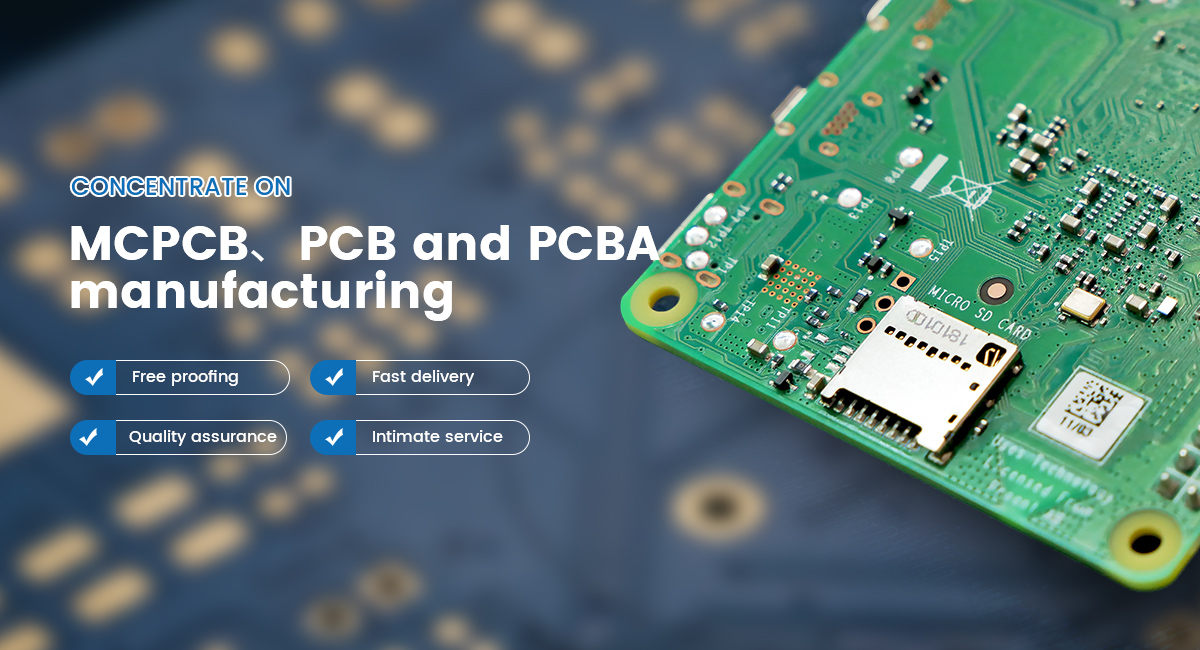Time:2022-09-15 Visit:
1. Splicing method:
Applicable: film with less dense lines and inconsistent deformation of each layer of film; especially suitable for deformation of solder mask and power supply film of multi-layer PCB board;

Not applicable: Negative films with high line density, line width and spacing less than 0.2mm;
Note: Minimize damage to the wire when cutting, do not damage the pads. When splicing and duplicating, pay attention to the correctness of the connection relationship.
2. Change the hole position method:
Applicable: The deformation of each layer is consistent. Line dense negatives are also suitable for this method;
Not applicable: The deformation of the film is uneven, and the local deformation is particularly serious.
Note: After using the programmer to lengthen or shorten the hole position, the hole position of the tolerance should be reset.
3. Hanging method:
Applicable; film that is undeformed and prevented from being deformed after copying;
N/A: Distorted negatives.
Note: Dry the film in a ventilated and dark environment to avoid contamination. Make sure that the air temperature is the same as the temperature and humidity of the workplace.
4. Pad overlap method
Applicable: The graphic lines should not be too dense, and the line width and line spacing of the PCB board should be greater than 0.30mm;
Not applicable: In particular, users have strict requirements on the appearance of printed circuit boards;
Note: The pads are elliptical after overlapping, and the halos on the edges of the lines and pads are easily deformed.
5. Photo method
Applicable: The deformation ratio of the film in the length and width directions is the same. When the re-drilling test board is inconvenient to use, only the silver salt film is applied.
Not applicable: The films have different length and width deformations.
Note: The focus should be accurate when shooting to prevent line distortion. The loss of the movie is huge. In general, multiple adjustments are required to obtain a satisfactory PCB circuit pattern